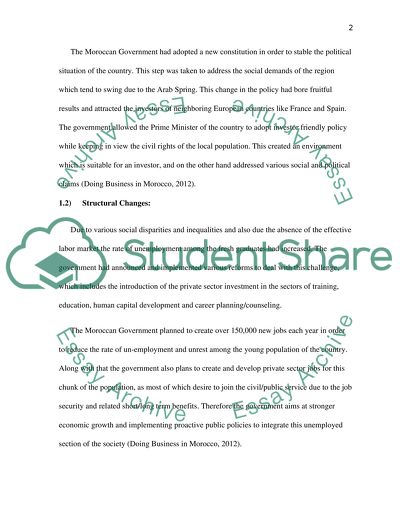Cite this document
(“International Business Law - Foreign Direct Investments rules in Term Paper”, n.d.)
International Business Law - Foreign Direct Investments rules in Term Paper. Retrieved from https://studentshare.org/law/1614213-international-business-law-foreign-direct-investments-rules-in-morocco-and-democratic-republic-of-congo
International Business Law - Foreign Direct Investments rules in Term Paper. Retrieved from https://studentshare.org/law/1614213-international-business-law-foreign-direct-investments-rules-in-morocco-and-democratic-republic-of-congo
(International Business Law - Foreign Direct Investments Rules in Term Paper)
International Business Law - Foreign Direct Investments Rules in Term Paper. https://studentshare.org/law/1614213-international-business-law-foreign-direct-investments-rules-in-morocco-and-democratic-republic-of-congo.
International Business Law - Foreign Direct Investments Rules in Term Paper. https://studentshare.org/law/1614213-international-business-law-foreign-direct-investments-rules-in-morocco-and-democratic-republic-of-congo.
“International Business Law - Foreign Direct Investments Rules in Term Paper”, n.d. https://studentshare.org/law/1614213-international-business-law-foreign-direct-investments-rules-in-morocco-and-democratic-republic-of-congo.


